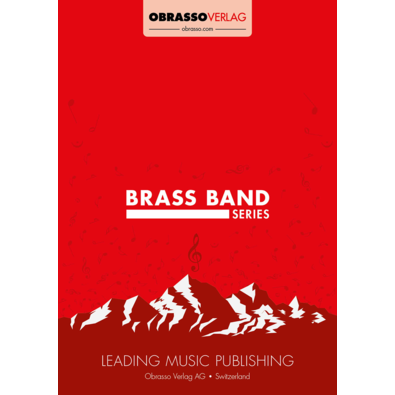We've found 1000 matches for your search. Order by
Results
-
 £56.00
£56.00My Lady Bothwell's Lament - Traditional Scottish Air - Alan Fernie
Estimated dispatch 7-14 working days
-
 £59.70
£59.70Song Of The Volga Boatmen - Traditional Russian - Sandy Smith
Estimated dispatch 7-14 working days
-
 £59.70
£59.70 -
 £59.70
£59.70I Wish I Knew How It Would Feel To Be Free - Traditional - Alan Fernie
Estimated dispatch 7-14 working days
-
 £59.70
£59.70Four Hymns For Brass Band - Traditional - Christopher Wormald
Estimated dispatch 7-14 working days
-
 £59.70
£59.70 -
 £56.00
£56.00 -
 £56.00
£56.00 -
 £59.70
£59.70 -
 £52.40
£52.40
